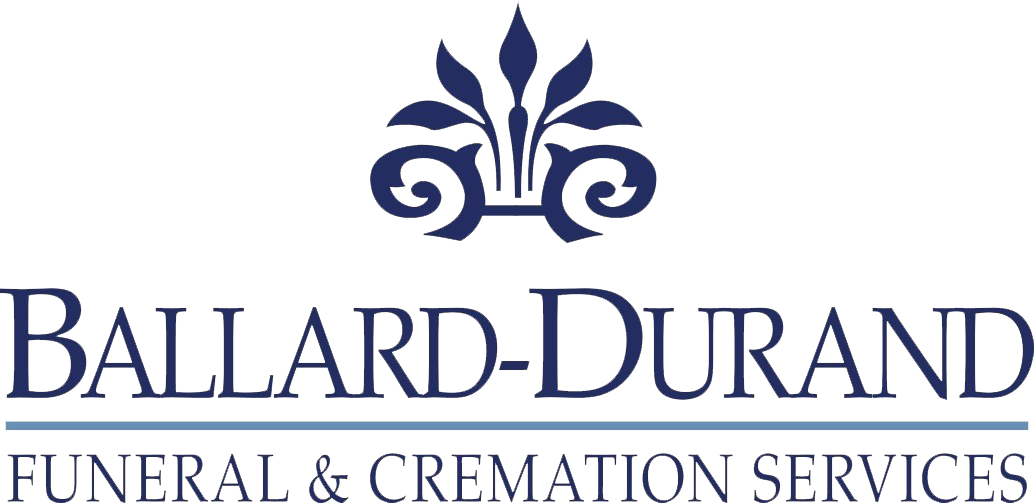Blog
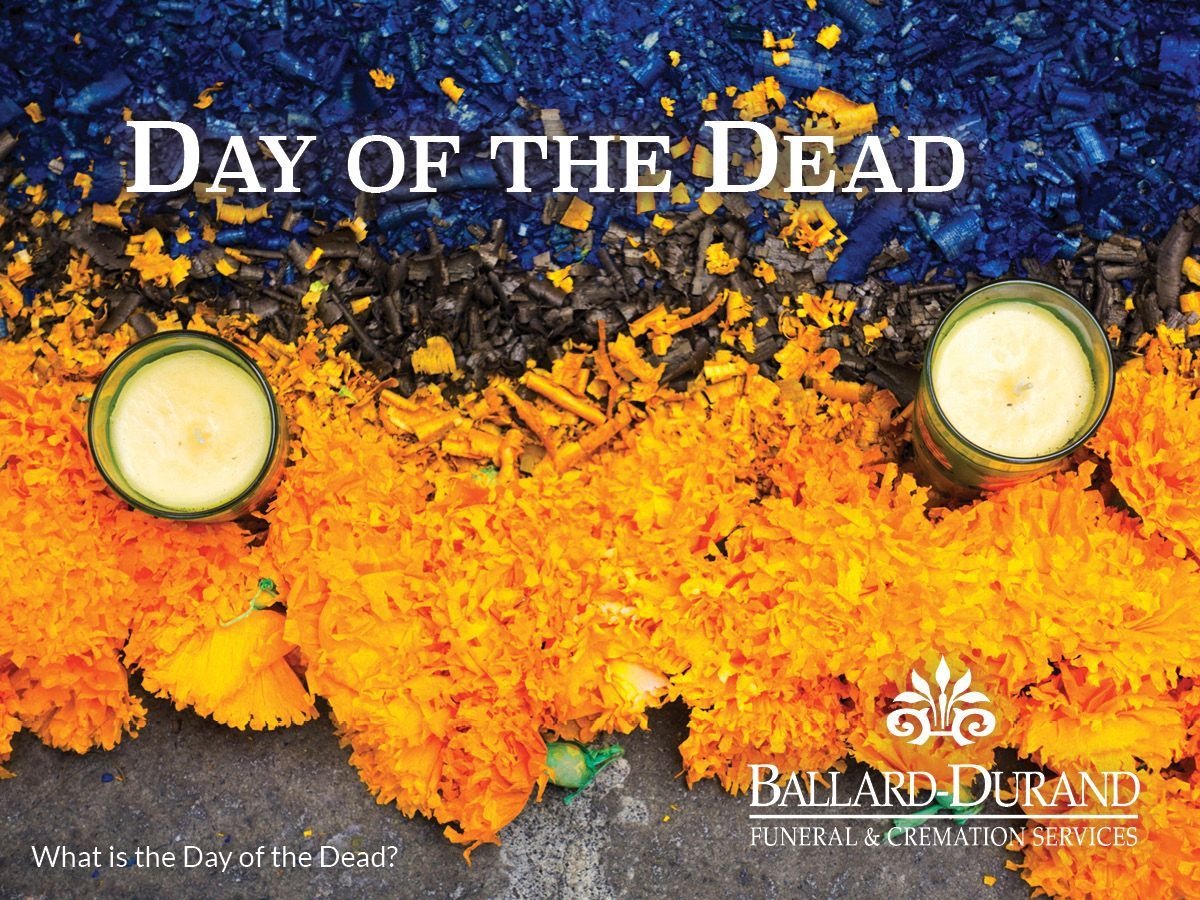
It is a lovely celebration. The spirits are not feared but are embraced. Prayers are offered to help the deceased on their journey. Graves are tended and decorated with flowers, usually marigolds. Whole families go to the cemetery, they bring favorite foods and memories about the deceased are shared.
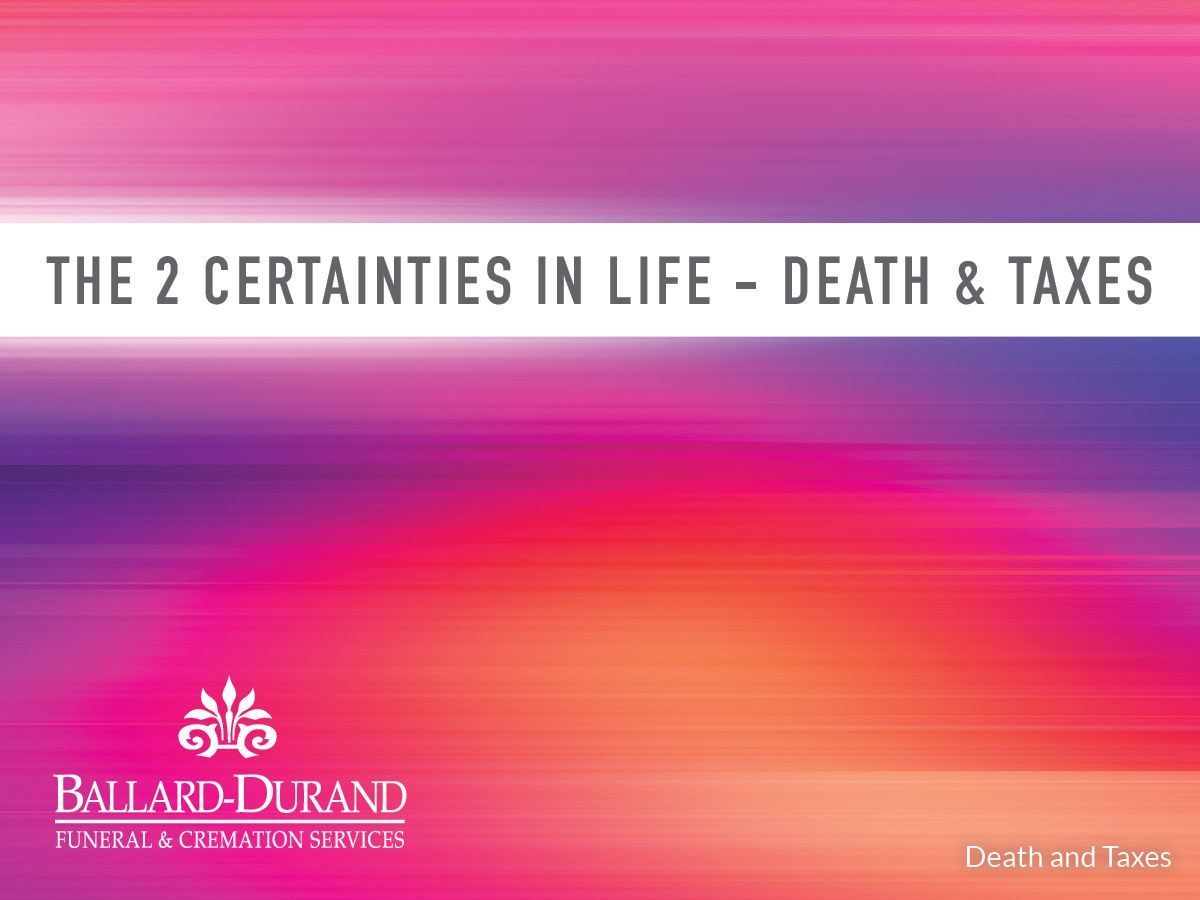
Death and taxes (seemingly unlikely bed fellows at first glance) are often linked together because they have long been considered unavoidable life events. Some even say they are the only two things that are certain in life. Neither is something people typically look forward to, but they are both events that are anticipated and can be prepared for in advance.
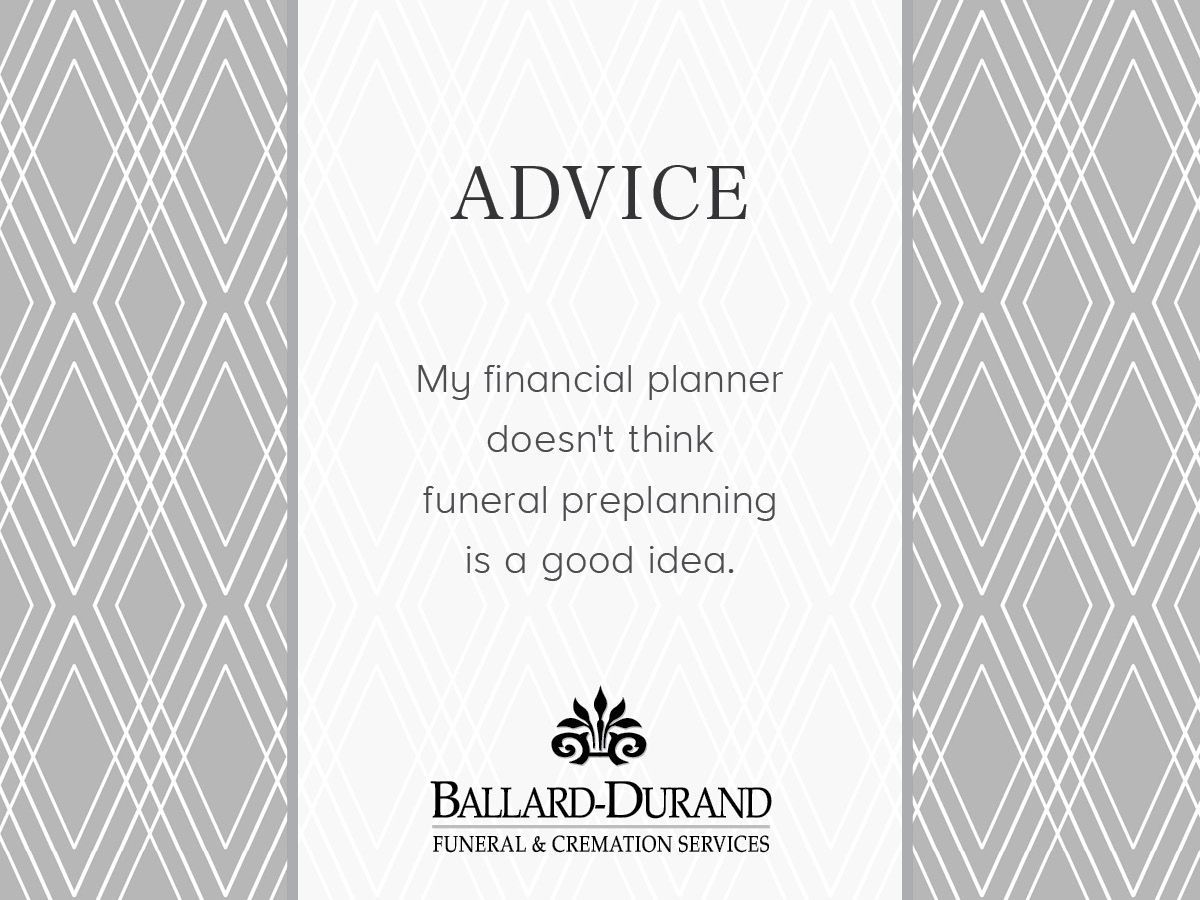
The butcher, the baker, the candle stick maker. Does anyone go to the butcher for a candle? Would anyone even think of asking the funeral director for investment advice? The financial advisor, while very knowledgeable about money and investments, has little experience in helping a family honor the life of someone they love.
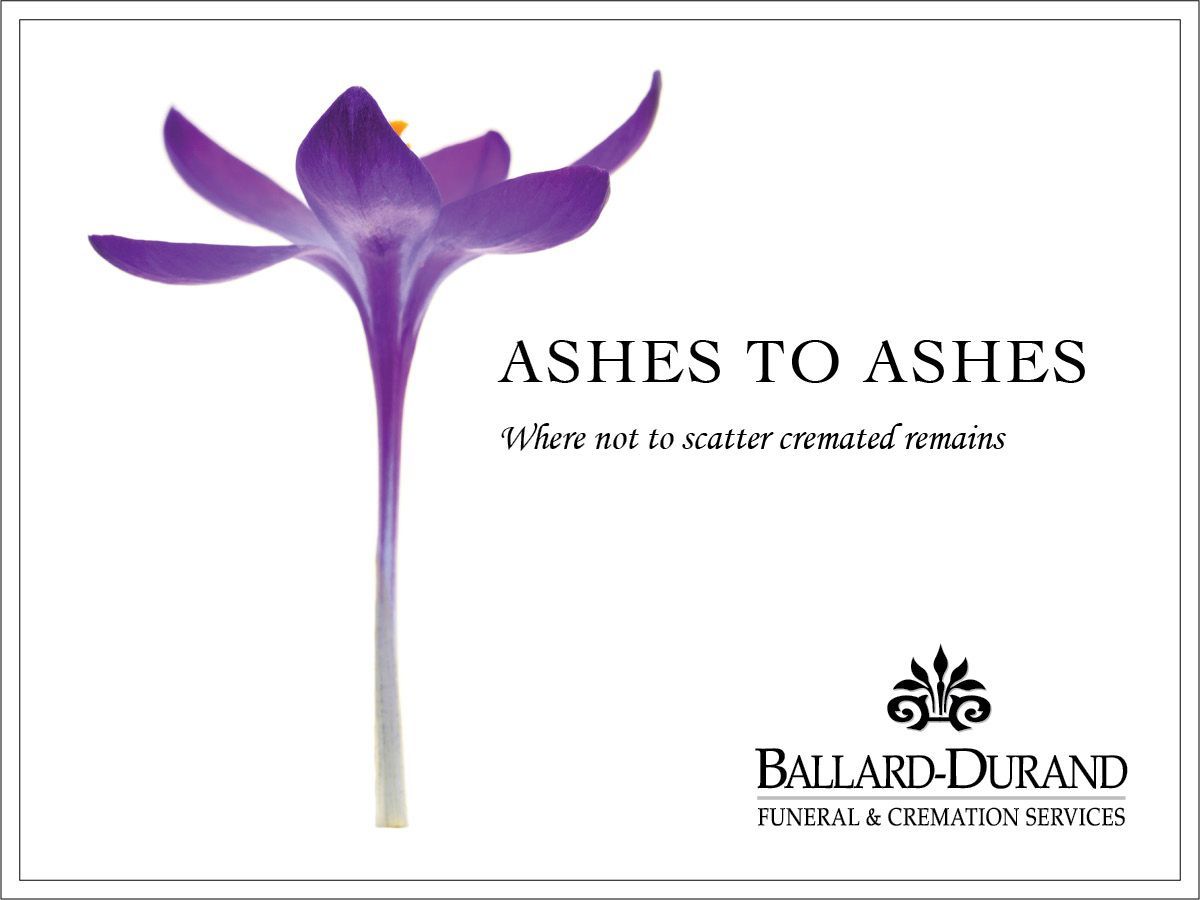
For many folks the absolute “best” final resting place is someplace they loved when they were alive. Their “burial” plan is not to be buried at all, but to be cremated and have their ashes scattered at a special location. For those who prefer scattering there are a wide variety of options available. Still, not every scattering idea is a good idea. To help you determine if your scattering plan is a good plan be sure to consider these four things.
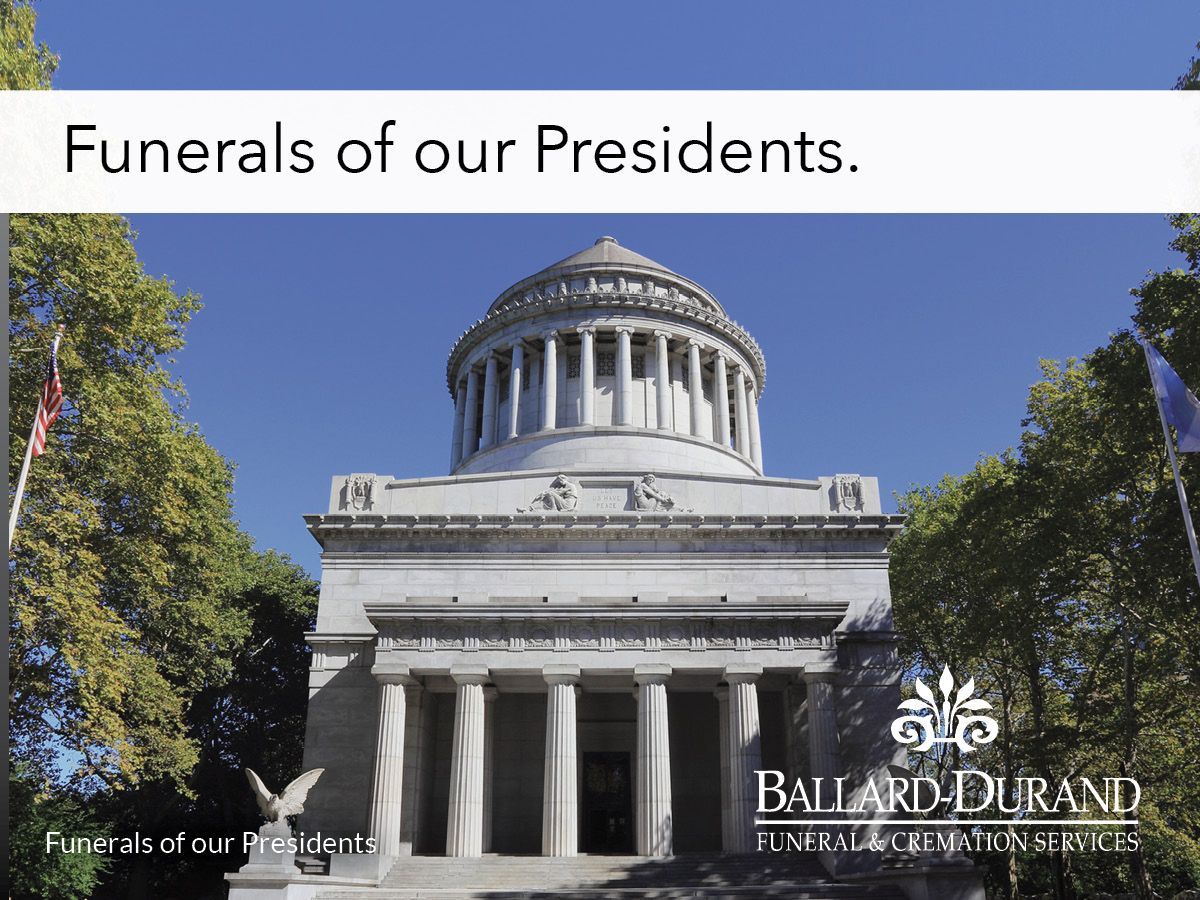
A funeral offers a chance to say goodbye, but how do we say our farewells to those who forged the path of our nation? Presidential funerals have proven to be groundbreaking occasions that set the tone for how the nation grieves. Let’s take a look at how we as a country said goodbye to some of our most beloved leaders.
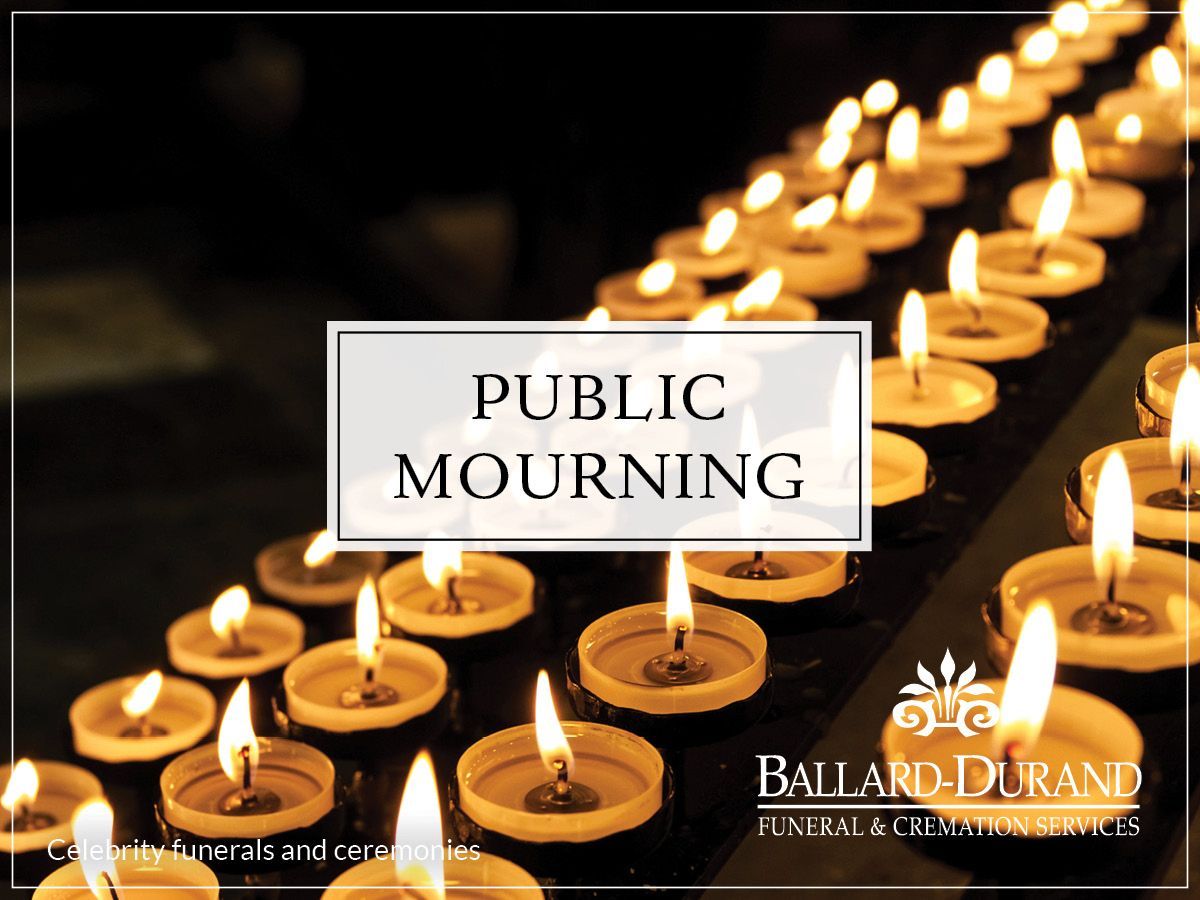
Kobe’s life is not the first to be celebrated in a large public way. Princess Diana, Michael Jackson, and John McCain all had funeral services that were shared with large groups of their fans or followers. These very large and very public funerals acknowledge the family’s loss is our loss too. They help the community heal.
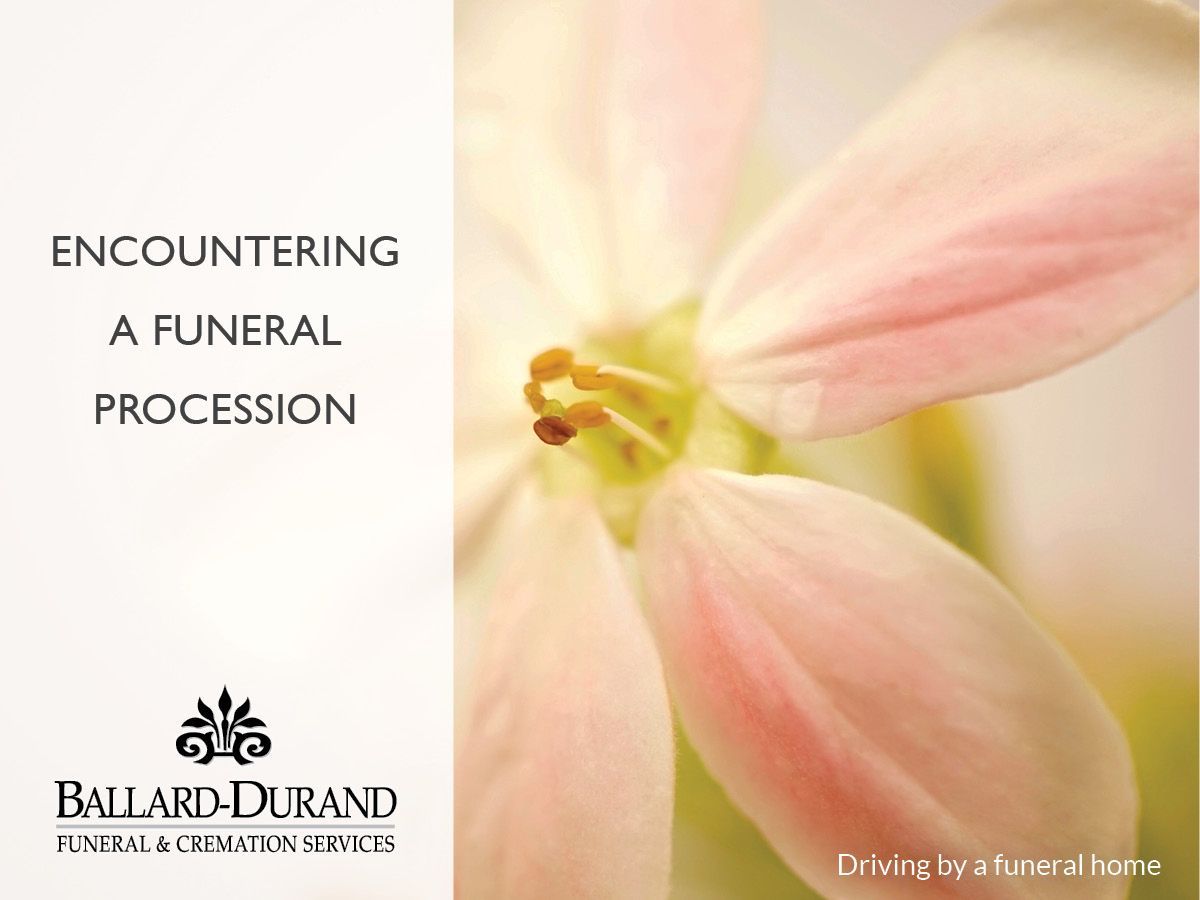
Imagine you’re driving past a funeral home. As you approach, you can see people dressed in mourning clothing coming out of the facilities and climbing into their cars or limousines. But just before you drive by, those vehicles begin to pull out of the funeral home’s parking lot. You’re now encountering a funeral procession. So, how can you treat this important ceremony with the respect it deserves? Although many states have different rules when it comes to driving around funeral processions, here are the general rules of the road when you spot one.
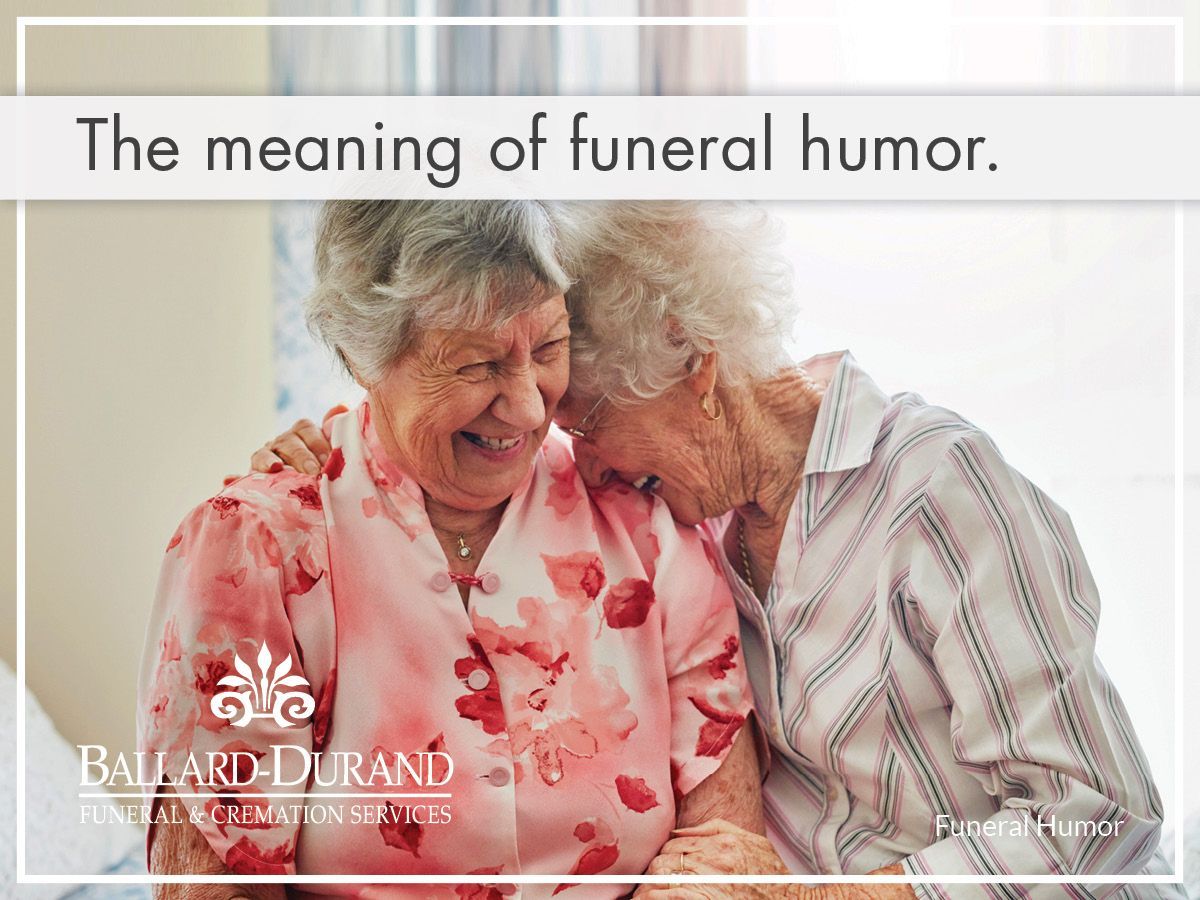
As a subject, death can often make people uncomfortable. And as a result, that discomfort extends to how people feel about the funeral profession. For many people, the first time that they enter a funeral home is when a loved one passes. Because of this connection, many people associate funeral homes and what’s inside them with morbidity.

If you’re looking to cover the costs of a funeral for a loved one who did not preplan or prepay, your funeral home may be able to help. Some funeral homes offer a crowdfunding service that functions similarly to GoFundMe. Before making a GoFundMe account, talk to your funeral home about what kinds of crowdfunding services they offer.
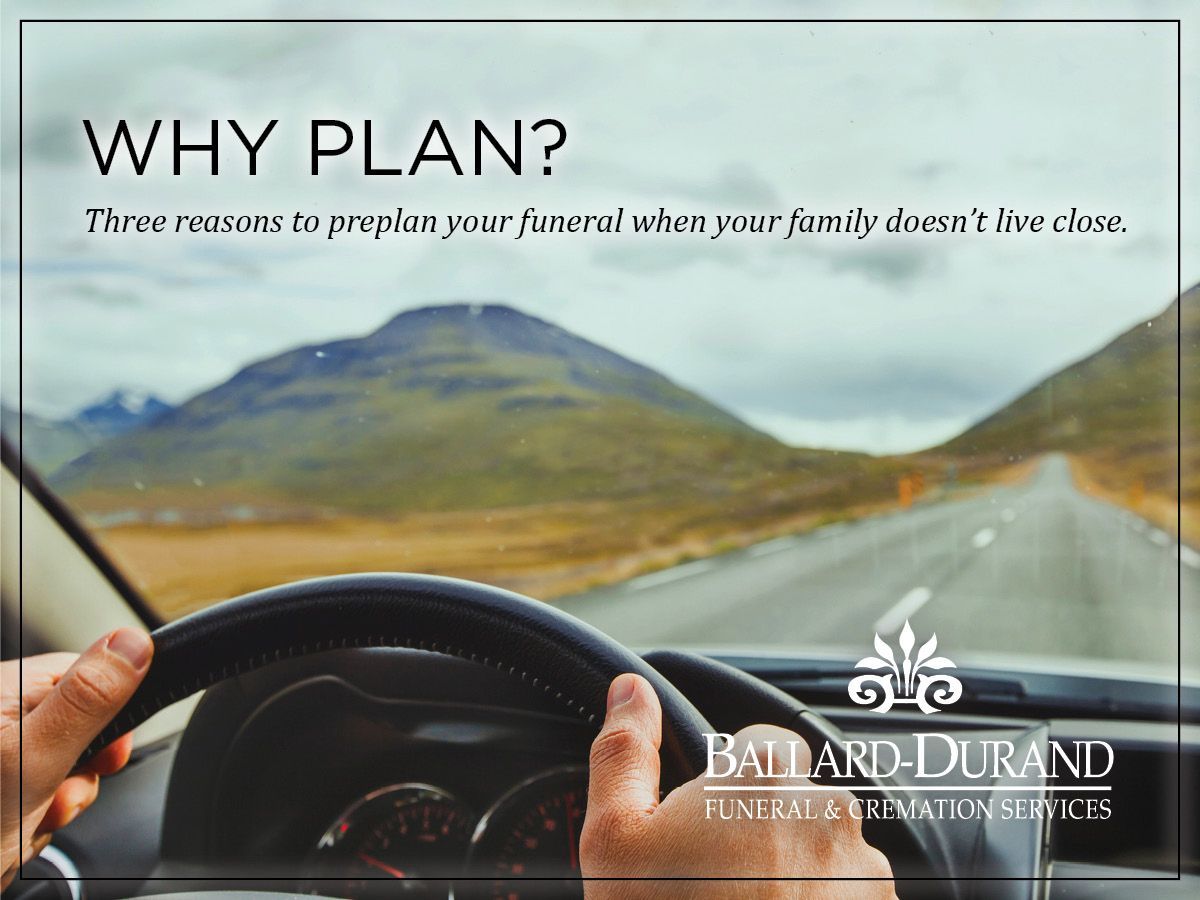
The plan you leave for your children, grandchildren, sisters and brothers, and friends is a gift. You give them the gift of time to lean in and realize that they have lost you. This is precious time they have together. There will still be much for them to do but when you have lifted the weight a little, you leave room for them to work together and be creative. They can pull their talents and put their own touches on the framework of the funeral plan you provided for them.
